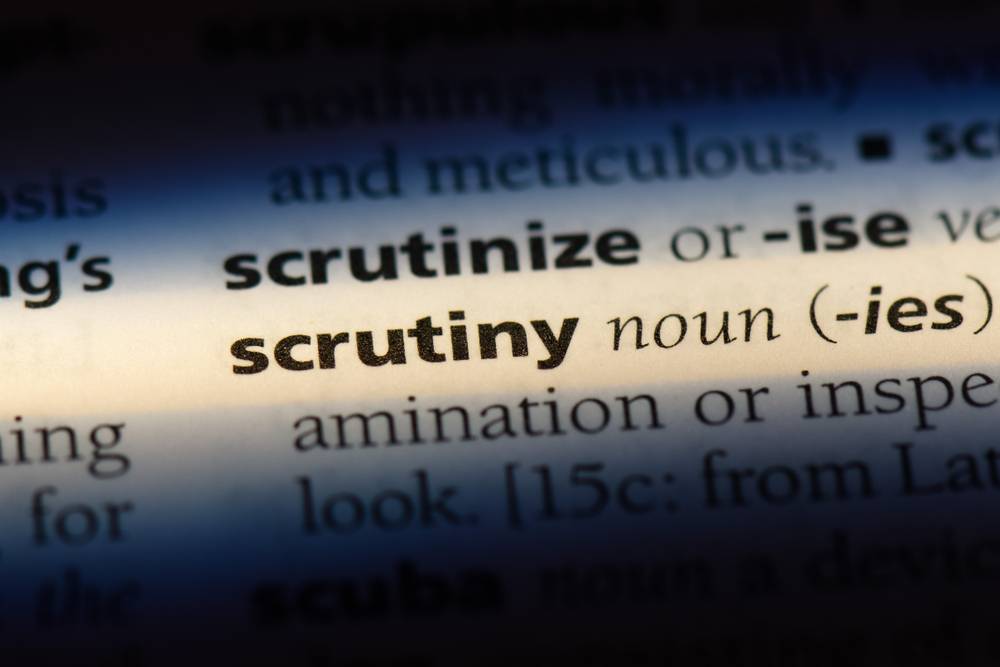The 2021 Ernst & Young (EY) Tax Risk and Controversy Survey finds businesses are not adequately prepared for increased tax scrutiny from tax authorities. This lack of preparation applies to all businesses, but particularly the very largest.
As governments face budgetary pressures arising from their response to COVID-19, they will prioritise tax enforcement. According to the survey, 53% of tax leaders expect greater tax enforcement in the next three years.
Governments are also better prepared to carry out enforcement. Survey respondents claim tax authorities have become more technologically advanced. Authorities utilise additional sources of data from transparency and disclosure submissions. They have become better at sharing that information between agencies via automated data exchange protocols. Their technological advancements have expanded their ability to view a business’ entire operations.
Stakeholder Pressure
The increased tax scrutiny faced by businesses coincides with pressure to satisfy stakeholders, according to EY. Stakeholders demand disclosure and expect delivery of societal value from large companies.
Stakeholder pressure has driven many businesses to incorporate taxation as a central part of their strategy. Such businesses have developed policies around the external publication of tax strategy, tax policies, and other information to their benefit.
“By developing a clear narrative about their tax profile, companies have the opportunity to give stakeholders the full picture of the contributions they make to public revenues and social services through the taxes they pay,” says Kate Barton, EY Global Vice Chair–Tax. “Being proactive on this will help the company advance its broader focus on creating long-term value for shareholders, customers, employees, and the communities it serves.”
Consequences of Not Being Prepared
Businesses that don’t prepare for increased tax scrutiny leave themselves exposed. They may face financial consequences of higher tax assessments, penalties, interest and surcharges.
There are also reputational risks associated with tax controversies should they spill into the public domain. Damage to reputation can cause a more profound, long-term impact, particularly for well-known brands. 35% of respondents to the EY survey expect higher levels of reputational risk for business in the next three years.
EY recommends business pursue three key actions:
- Recognise the role that tax plays in a business’ value. Tax presents an opportunity for long-term value creation for the business’ brand. Tax disputes present a risk to both the bottom line and company reputation.
- Understand the value of taking a proactive, forward-looking approach to tax.
- Align all aspects of the business to plan for and manage taxation. The plan should include tax risk assessment, tax risk management, and tax audit, dispute, and litigation management.
With unprecedented pressure on governments to address budget deficits arising from their responses to the COVID-19 pandemic, businesses must prepare for increased tax scrutiny. Businesses need to invest in tax risk and management strategy. Failure to understand the critical consequences or taking no action may have a profound, detrimental impact on any organisation.
READ MORE LIKE THIS:
How Uganda’s Spiraling Debt Burden Affects Budgetary and Taxation Policies



